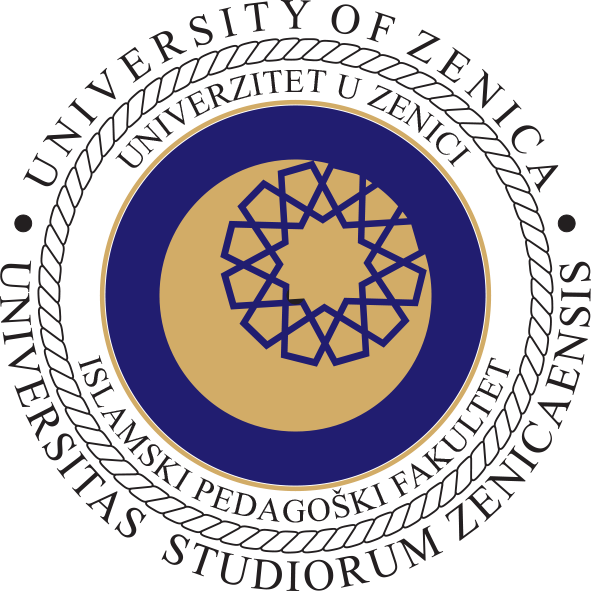Bukhari’s and Muslim’s Sahih and their characteristics
The two greatest muhaddis in history, Bukhari and Muslim, had an outstanding memory, precise criteria for accepting and transmitting Hadith and, above all, subtle piousness and godliness. These characteristics made their two collections most renowned and most accepted among all Hadith works. By consensus of Islamic scholars their two collections, k...
By ŠEFIK KURDIĆ



